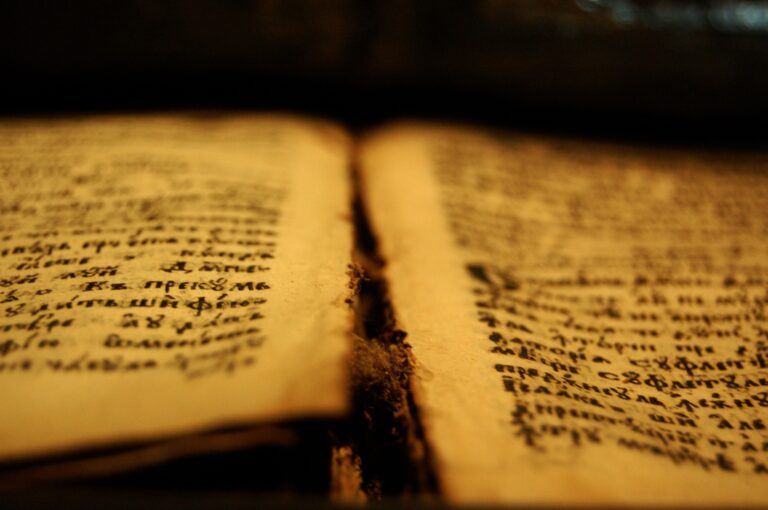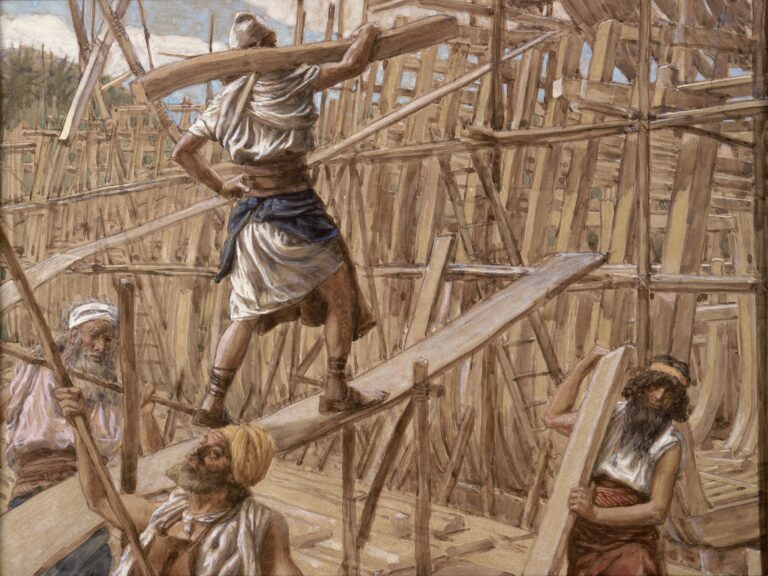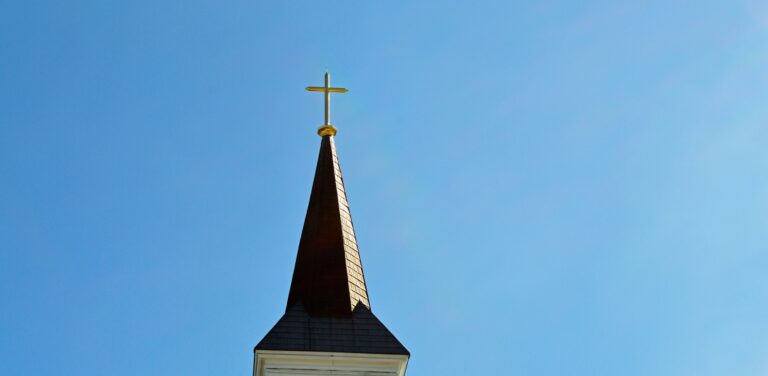On Saturday mornings I take one of the kids and go to the transfer station a few miles down the road, where we deal with our recycling and some of our trash. We sort it, drop it and then go get breakfast and worry no more about it. I’m not sure where it goes from there. I’m sure it’s taken to larger facilities somewhere and dealt with depending upon what it is.
I recently read an interesting article about New York City’s trash. That article titled “Voyage of the Gross,” was written in 2022. As you might imagine New York City has a lot of trash and most of it does not stay inside the city:
“New York’s 8.8 million residents produce 12,000 tons of trash every day, and businesses produce roughly the same quantity of waste that’s handled by a gaggle of private companies.”
www.curbed.com/2022/08/nyc-trash-landfill-incineration-recycling-compost-voyage-gross.html
Where does that enormous amount of trash go? According to the article mentioned above, most of it leaves on train or boat, some of it reaching destinations as far as South Carolina landfills.
When people live together, especially in great numbers, how the trash—and the rest of the unwanted messes of human life—is dealt with becomes a very important question. If the trash and excrement are not disposed of somewhere else, then smells became intolerable and conditions become unsanitary and even deadly.
The Tent of Meeting
In the Old Testament book of Leviticus, we find that God cares about these things. As God rescues Israel, enters into a covenantal relationship with them, and calls them to live together as His holy people, they are to be different and not like the surrounding nations. They would distinguish themselves not only by their cultus (religious system) but by what they ate, how they cared for their animals, their pattern of work and rest, and even how they disposed of their waste.
As the Lord begins to set up this covenant community, he establishes certain boundaries for His people, now probably more than 2 million strong. The heart of this community was to be the “tent of meeting” (later on in the land of Canaan, the temple). This space was like the spiritual nuclear power plant that powered everything in the community. Inside the tent of meeting was another space called the “Most Holy Place.” This space could be likened to the reactor core—the place where God’s presence dwelled. Into this especially exclusive region of the community’s core, only one person was permitted to enter and even that person could only enter one day per year, the Day of Atonement (Leviticus 16-17). The book of Leviticus is like a manual of sorts for the reactor’s operators, explaining what they were to do and how the community was to exist around it.
Being near to the awesome presence of the Almighty was the unique privilege of the people of Israel. The law outlined in the books of Moses, was an unspeakable gift and blessing to them. Though being near the glory of God was a dangerous enterprise, it was the greatest gift imaginable. For this purpose humanity was created, and the law was given to explain how God’s people could have relationship with the Almighty and live.
One of the things we find in this manual is that some things were acceptable inside the designated area for the tent of meeting and others were not. For example, leaven was never to be included in a grain offering or eaten in the Holy Place (Lev. 6:16-17). We find that when the people brought sacrifices before the Lord, certain parts were to be kept for the Lord, and sometimes the priests, and certain portions were to be discarded outside of the camp (see Lev. 4).
We also find that those who have certain skin diseases are to be put outside of the camp until they are better (Lev. 13). In the book of Numbers, we find that there are some offenses that are so grave they deserve the death penalty (like Sabbath breaking). Those found guilty of such crimes are taken outside of the camp and stoned there (Numbers 15:32-36).
In the Bible, outside of the camp is not a place you want to be.
The Place We All Deserve to Be
But outside of the camp is the place we all deserve to be. The priests, the leaders, poor, rich—everyone—is unclean and unworthy. As the New Testament also teaches, all have sinned and fallen short of the glory of God (Romans 3:23). None of us deserves to be near Him. Sadly, sin is the story of humanity. Allan Moseley writes in his commentary on Leviticus:
Only four chapters in the Bible have no sin in them—the first two chapters of the book of Genesis before the first sin is committed, and the last two chapters of the book of Revelation after sin has been defeated and God’s people are in God’s presence where sin does not exist.
Moseley, Exalting Jesus in Leviticus, 41.
The frequent sacrifices, cleansing and purification rituals, were intended by God to drive home a message to the people, day after day: I Am a holy God and sin cannot be near Me.
To be inside the camp was to have God’s favor, it was a place of blessing. Sinners do not deserve to be inside the camp.
But in Leviticus we find sinful people dwelling near God. How is that possible?
God made a way and this is what the book of Leviticus is all about.
Being with God
To be clear, to be inside the boundaries of the camp, did not mean that one was perfect or without sin. What it meant was that one was pure and clean in the eyes of God’s law. It meant that a person had done what was required by the law to be accepted. For the law itself made room for the sinner through the system of sacrifices and offerings mentioned above. One could draw near to God if they came the way God commanded. One could fall into sin and still be welcomed, if there was repentance and the proper gift and ritual was followed.
But the daily sacrifices made at the tent of meeting and the temple would have been a constant reminder that the problem of sin had not been dealt with at the root. After a worshiper brought the sacrifice, even with repentance and faith in God’s promise to forgive, their sin still remained. The Levitical system only held back God’s wrath it did not actually atone or pay for sin. Just killing a bull or goat and discarding the unclean portions outside the camp and burning them, did nothing to actually pay for sin.
Like in the case of New York City’s trash removal, taking it somewhere else doesn’t eliminate anything, it only relocates it.
Crying Out for Fulfillment
This entire system outlined in Leviticus is crying our for an end. Like an exhausting sporting event that is caught in overtime after overtime, you know there is an end that is coming but it just never seems to arrive.
However, with the coming of Jesus, the work and place of the Old Covenant system is finished. There is no need for a tent of meeting. There is no more need for daily sacrifices and there are no more Levitical priests. With the coming of Jesus, our sins are not just relocated, like the evening trash, they are put to death on the cross and the offense is completely removed. For Jesus himself was killed outside the city gates as Hebrews 13:11-12 says:
For the bodies of those animals whose blood is brought into the holy places by the high priest as a sacrifice for sin are burned outside the camp. So Jesus also suffered outside the gate in order to sanctify the people through his own blood.
Jesus died a criminal’s death outside the city walls, the place where the unwanted, unclean and unholy things were discarded. It was a real payment, not merely a symbolic, ritual act. Because of that fact, everyone who believes in Him and trusts in what he did for them is truly purified from their sins.
Today we are not invited into the camp by keeping the Old Covenant law. Today we draw near by the blood of Jesus. He is the way. By faith in Jesus you and I are inside the gates of God’s love and fellowship, never to be cast out.
“For our sake he made him to be sin who knew no sin, so that in him we might become the righteousness of God.” (2 Corinthians 5:21)
Put your faith in Christ today.



